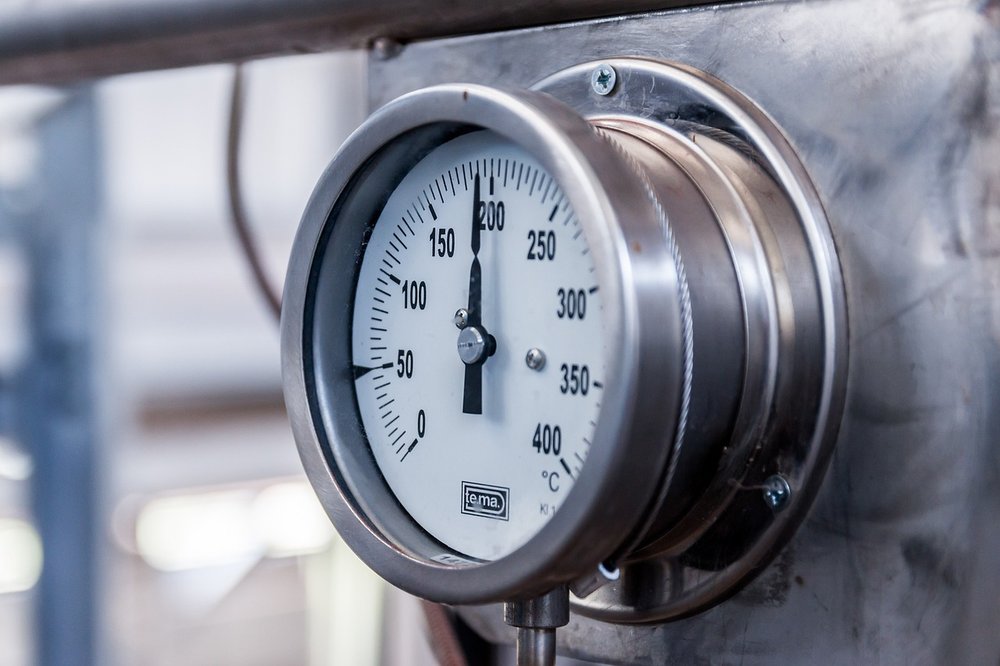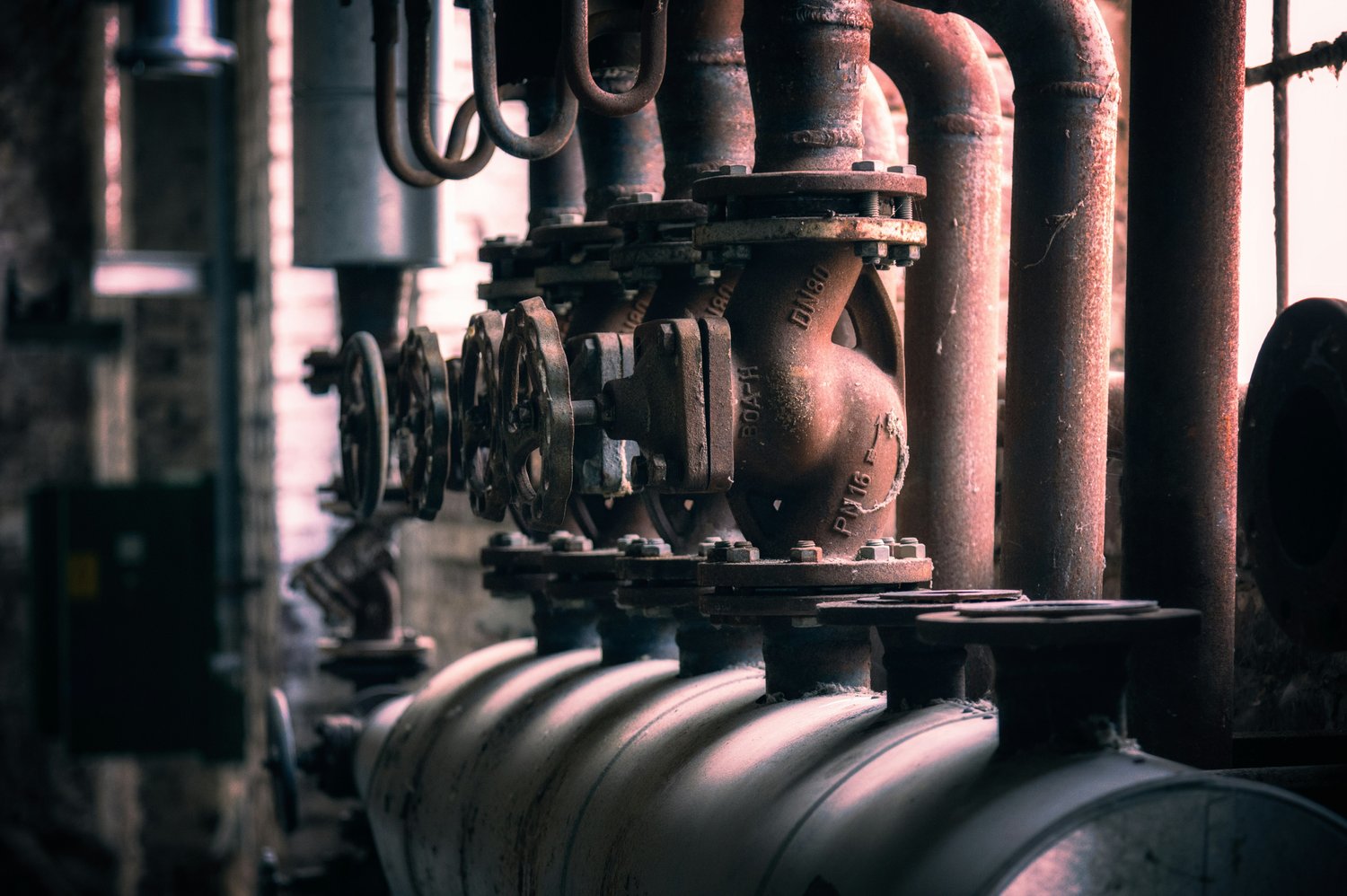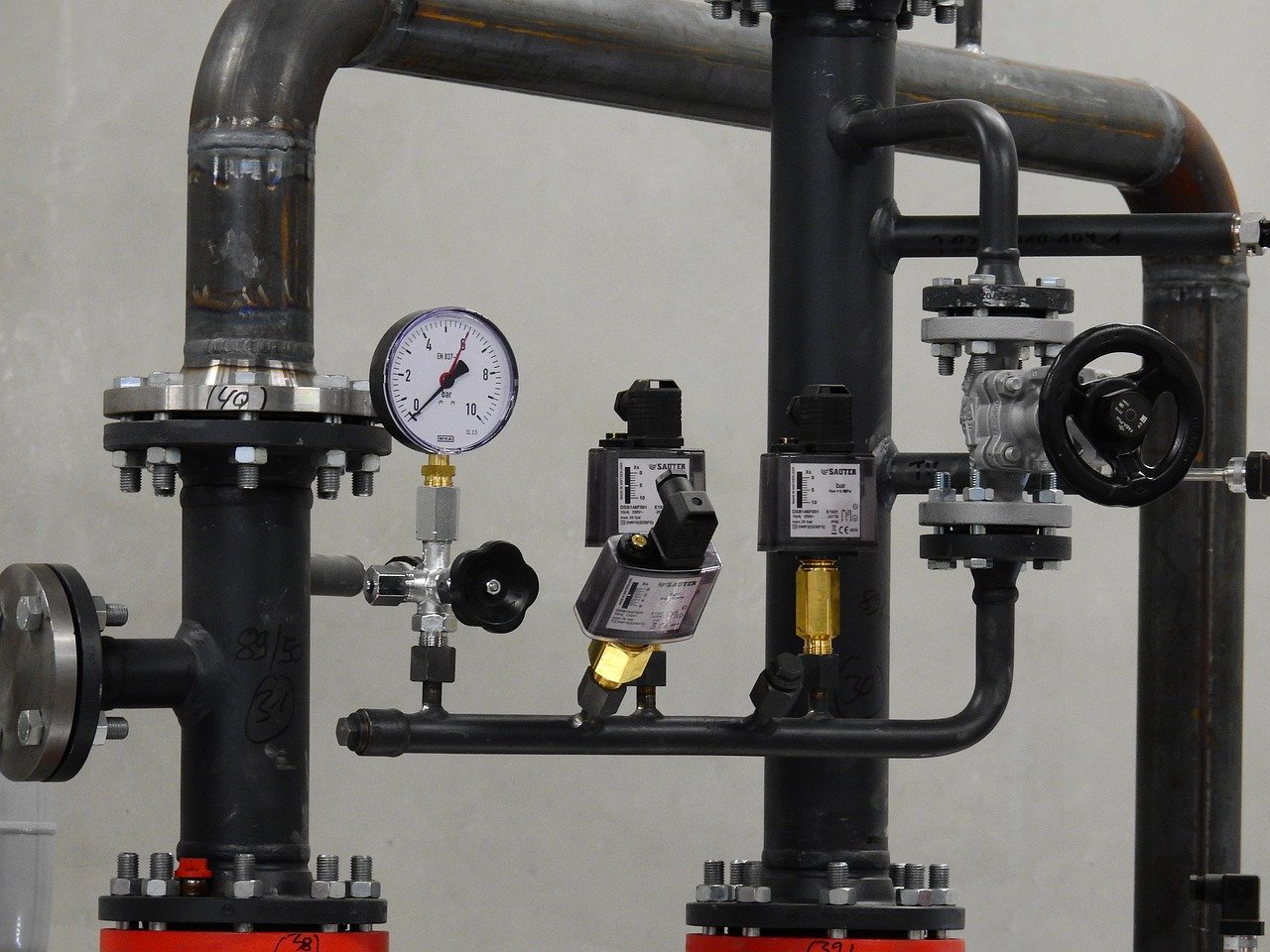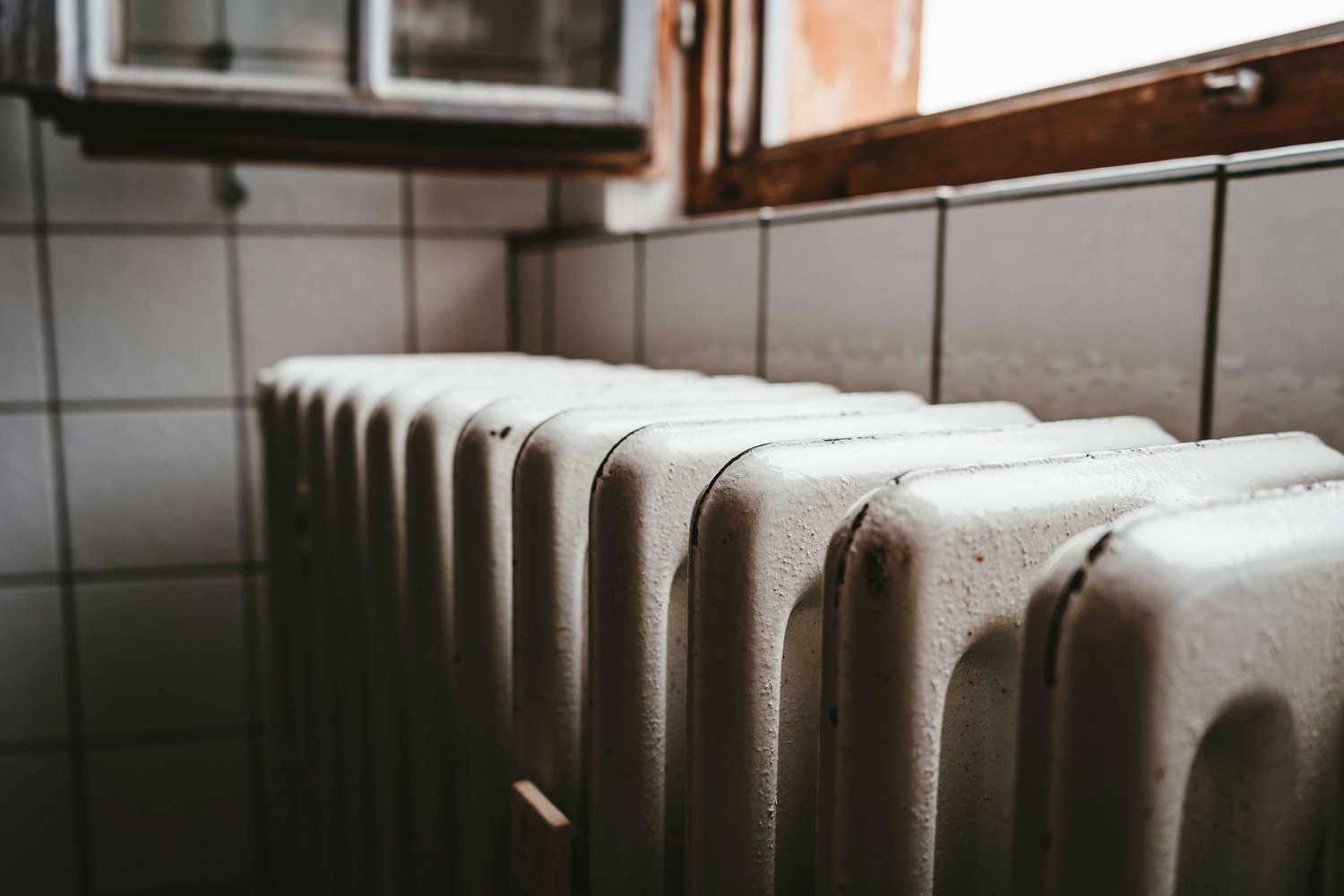February 14, 2024
Essential Tips to Maximize Your Boiler’s Lifespan

Boilers are expensive. Therefore, it makes sense to try and keep the one you already have for as long as possible, especially if it still operates efficiently. But how can you maximize your boiler’s lifespan?
Today, the average boiler lifespan is somewhere between 12 and 15 years. In many cases (usually without proper care), boilers pack up at the 10-year mark. However, it is not uncommon to see boilers last as long as 20 years. Either way, it all comes back to how much you show your boiler.

In this blog, we walk you through some actionable tips on how to maintain your boiler to increase its lifespan and keep it running at optimal levels. You’ll also discover some signs that indicate your boiler may be nearing its end.
How to Maximize Your Boiler’s Lifespan: 5 Key Tips
Regular maintenance is a critical part of maximizing your boiler’s lifespan and ensuring it keeps running efficiently. Therefore, it is a good idea to schedule annual professional inspections to spot and address potential issues early.
That said, here are some ways to increase your boiler lifespan:
1. Choose a modular boiler system and rotate your lead boiler
This tip is only relevant if you’re buying a new boiler or plan to change your existing one. However, we include it in this guide because modular boilers feature a more modern design and are at least 50% more efficient than traditional systems.
A modular boiler comprises a group of smaller boilers that can combine to work as a single boiler, controlled by one master boiler. The advantage of this is that you choose to run only one of these boilers — the lead boiler — during periods of low demand.

In addition, you can also rotate the lead boiler to reduce the pressure on one particular boiler. This way, one boiler does not keep doing all the work, thereby increasing the lifespan of the system as a whole. This is called boiler sequencing and is a great way to ensure that no single boiler suffers major wear and tear throughout the years.
2. Bleed your radiator
Bleeding your radiators is an excellent way to ensure your boiler runs efficiently while keeping your energy consumption as low as possible. Therefore, it is a good idea to bleed your radiators at least once every year.
You see, as your boiler runs throughout the year, air can get into the heating system and go past the air vent into the radiator. This can reduce the efficiency of your boiler, causing it to work harder to produce optimal heat. If this continues, it may mean a shorter boiler lifespan for your unit.
However, a simple one-minute procedure can help prevent this. All you have to do is locate the bleed point at the top of your radiator and open it to release the trapped air. Once you stop hearing the air escape and water tries to come through, close the bleed point back and that’s all!
3. Install a magnetic filter
Many boiler professionals will recommend that you install a magnetic filter in your boiler system and we agree too. As your boiler runs daily to keep the hot water flowing and your home warm, there is a gradual creation and buildup of iron compounds in the pipes. So, as water passes through your heating systems and radiators, these iron deposits can quickly form debris blockage that reduces boiler efficiency.

This is where magnetic filters come into the picture.
A magnetic filter is a component that is installed on the return pipework of a boiler or central heating system. And as the name implies, it contains a powerful magnet. The function of this magnetic filter is to pick up metal sludges that are created in the system and prevent them from accumulating to form debris and getting into your boiler components.
By installing a magnetic filter on your boiler, you can ensure that the system keeps running optimally, thereby prolonging the boiler’s lifespan. Even more, the filter is easy to install and a boiler professional can set it up during routine checks or cleaning.
4. Add an inhibitor to your boiler system
An inhibitor refers to an anti-corrosive solution that you can add to your central heating system to help prevent or reduce corrosion and scale. Inhibitors can also help reduce the buildup of sludge in your radiators.
While it may be impossible to eliminate the breakdown of metal bits in your boiler system over time, an inhibitor solution can prevent these iron bits from becoming a problem by providing a protective coat against the metals.
An inhibitor is relatively easy to add to your boiler system but we recommend securing professional boiler experts to be on the safe side.
5. Address unusual signs quickly
When it comes to your boiler’s health, you should never ignore unusual signs such as strange noises, leaks, or strange odors. For instance, unusual noises, like banging, whistling, or clunking, may suggest that there is a problem with your boiler’s internal components or water pressure. Also, weird odors, especially if they are unusual or persistent, could mean combustion problems or gas leaks.

Therefore, if you notice that your boiler is giving off strange sounds or smells, quickly reach out to a professional boiler repair service to prevent potentially more extensive damage. Besides, quickly attending to small issues before they get worse helps improve the lifespan of your boiler unit.
6. Schedule Professional Boiler Inspections Periodically
If you want your boiler to stay in optimal working condition for as long as possible, then it is an excellent practice to get an expert to inspect it from time to time. While your boiler may look and sound like everything’s perfect, the truth is not every boiler issue is obvious. In addition, the seemingly small issues can have much greater repercussions.
This is why we recommend scheduling routine boiler inspection and maintenance services from professionals every few months. You should get an expert to look at your boiler at least twice a year, especially before peak boiler operations during the winter months.
Final Thoughts
More often than not, the lifespan of your boiler system is a direct representation of how much care you give it. While factors like specific brands and extent of use can also play a part in how long your boiler lasts, proper maintenance culture usually trumps them.
As a result, Implementing the tips we’ve shared in this blog can significantly contribute to maximizing the lifespan and efficiency of your boiler. Remember, by investing time and effort in preventive measures, you can ensure that your boiler operates smoothly while saving yourself on potentially costly repairs. Let’s not forget about the safety and energy efficiency benefits too!

Leave a Reply